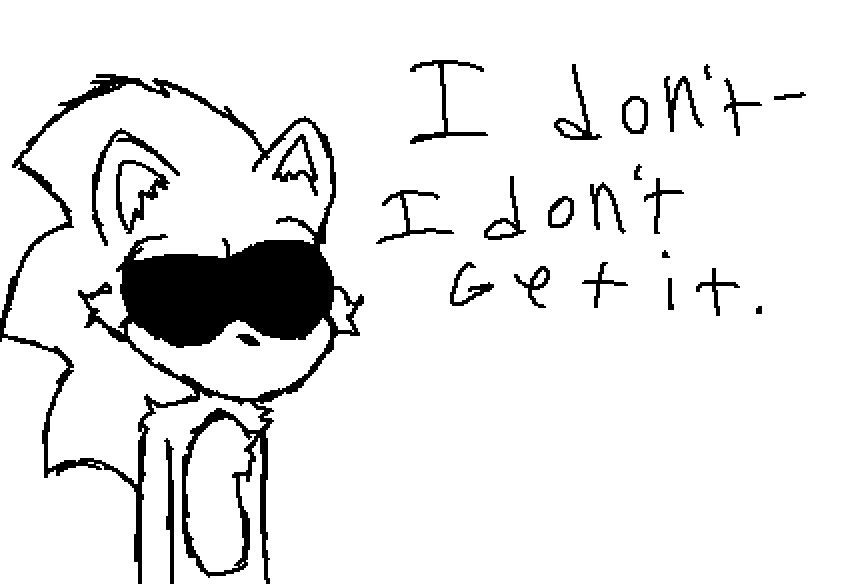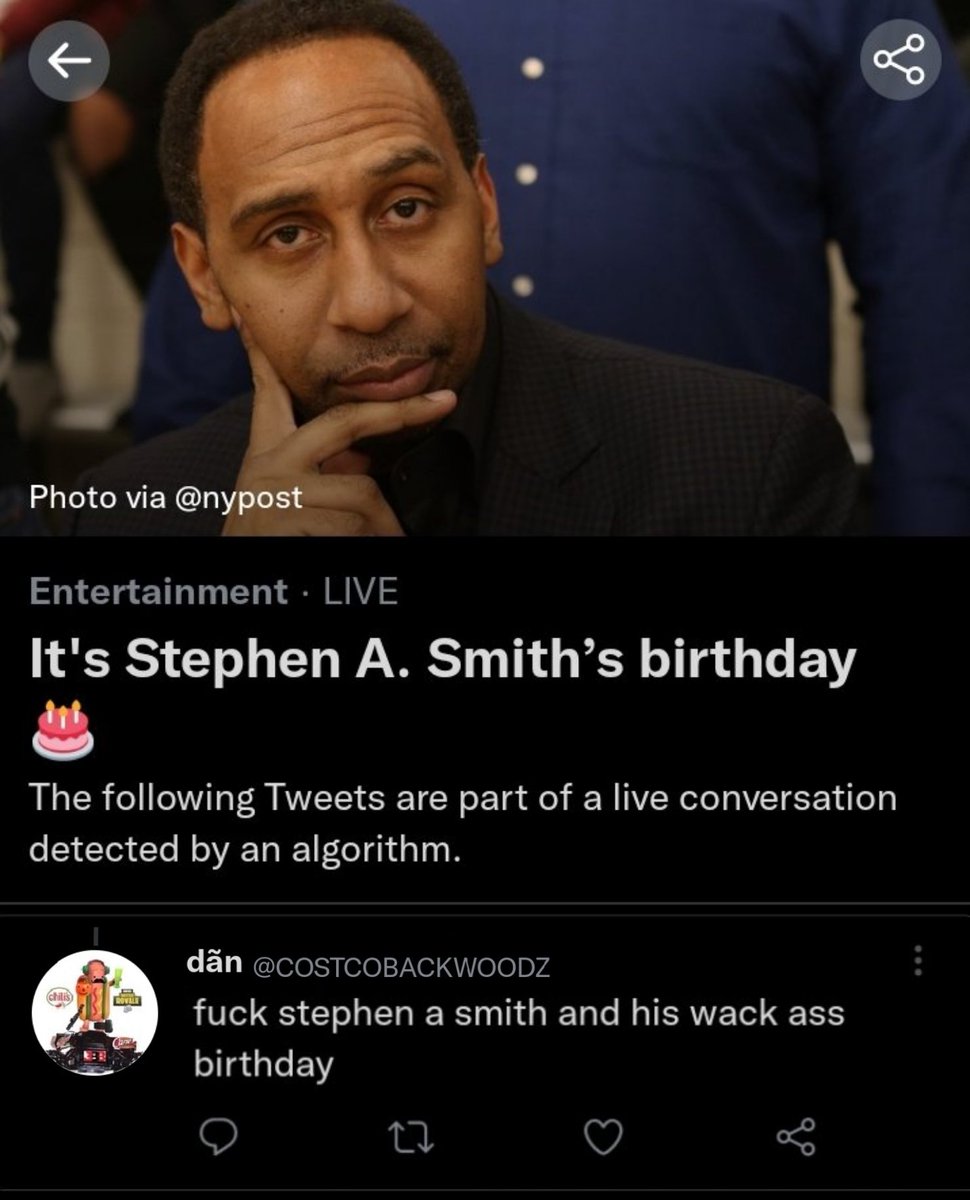Is dingus offensive? This seemingly innocuous word has sparked a heated debate in recent years, as language evolves and cultural sensitivities shift. For some, it’s a harmless slang term with roots in pop culture. For others, it carries undertones that could be considered derogatory or offensive. As society becomes increasingly aware of the power of language, understanding the nuances of words like "dingus" has never been more important. In this article, we delve into the origins, usage, and implications of the term to help you navigate this complex linguistic landscape.
Language is a living entity, constantly growing and adapting to the needs and values of its users. Words that were once considered neutral or humorous can take on new meanings as societal norms evolve. In the case of "dingus," its journey from a playful term to a potentially offensive one reflects broader conversations about inclusivity, respect, and cultural sensitivity. Whether you’re a linguistics enthusiast, a curious reader, or someone simply looking to stay informed, this article aims to provide clarity and context.
By examining the historical context, cultural significance, and modern interpretations of "dingus," we aim to shed light on why it has become a topic of discussion. Our goal is not to dictate how you should view the word but to equip you with the knowledge to make an informed decision. So, let’s dive into the world of language and explore whether "dingus" truly deserves its controversial reputation.
Read also:Lee Mack Wife Blind A Comprehensive Look At The Life And Relationships
What Is the Origin of the Word "Dingus"?
The word "dingus" has a rich history that dates back centuries. Originally a Dutch term meaning "thing" or "object," it made its way into English as a colloquialism for an unspecified item. Over time, its usage expanded beyond mere objects, often serving as a placeholder for something unknown or unnamed. However, as language evolves, so too does the perception of words. Today, some argue that "dingus" may carry connotations that could be perceived as offensive, depending on context and intent.
Understanding the etymology of "dingus" is crucial to grasping its potential implications. While it started as a neutral term, its adoption in certain subcultures and media may have altered its meaning. For instance, its use in comedy or satire can sometimes blur the line between humor and disrespect. This raises important questions about the responsibility of language users to consider the impact of their words.
Is Dingus Offensive in Modern Usage?
The question of whether "dingus" is offensive hinges largely on context and audience. In casual conversation among friends, it might pass unnoticed or even be seen as amusing. However, in professional or diverse settings, its use could be misinterpreted or deemed inappropriate. The key lies in recognizing the power dynamics at play and being mindful of how language affects others.
Some critics point out that "dingus" could perpetuate stereotypes or reinforce harmful biases, especially when used as a dismissive term. On the other hand, proponents argue that it remains a harmless placeholder with no inherent negative connotations. This divide underscores the importance of empathy and communication in navigating linguistic sensitivities.
Why Are People Asking, "Is Dingus Offensive?"
The increasing focus on inclusivity and respect in public discourse has brought many once-common terms under scrutiny. As people become more aware of the impact of language, they naturally question terms like "dingus." This curiosity stems from a genuine desire to foster understanding and avoid unintentionally offending others. By exploring the reasons behind this inquiry, we can better appreciate the role of language in shaping social interactions.
Moreover, the rise of digital communication has amplified discussions around language. Social media platforms and online forums provide spaces for individuals to voice concerns and share perspectives. This democratization of discourse allows for a more comprehensive examination of terms like "dingus" and their potential effects.
Read also:Bianca Censori Before Kanye Outfits Style Evolution And Influence
How Has Pop Culture Influenced the Perception of "Dingus"?
Pop culture plays a significant role in shaping how we perceive language. From television shows to movies, the use of "dingus" in media has contributed to its evolving meaning. For example, its appearance in comedic sketches or animated series often reinforces its association with humor. However, this association can sometimes mask underlying issues related to its usage.
Consider how characters in popular shows might use "dingus" to describe something absurd or nonsensical. While this context may seem innocuous, it can inadvertently normalize the term’s use in situations where it might not be appropriate. Recognizing these influences is essential to understanding the broader implications of "dingus."
Is Dingus Offensive in Specific Contexts?
Certain contexts can heighten the potential offensiveness of "dingus." For instance, using it in a workplace setting or during formal interactions could come across as disrespectful. Similarly, deploying it in situations involving power imbalances—such as between a manager and employee—might amplify its negative connotations. These scenarios highlight the importance of adapting language to fit the environment and audience.
Additionally, cultural differences can affect how "dingus" is perceived. What might seem harmless in one community could carry entirely different implications in another. Being aware of these variations is key to avoiding misunderstandings and fostering inclusivity.
Can "Dingus" Be Used Without Causing Offense?
Achieving respectful communication while using terms like "dingus" requires intentionality and awareness. One approach is to consider alternative words or phrases that convey the same meaning without potential pitfalls. For example, instead of using "dingus" as a placeholder, you could opt for more neutral terms like "thing" or "item." This small adjustment can go a long way in promoting clarity and respect.
Another strategy is to engage in open dialogue with those around you. Asking for feedback or clarification can help ensure that your words are received as intended. By prioritizing empathy and communication, you can navigate the complexities of language with greater confidence.
What Are the Alternatives to Using "Dingus"?
If you’re concerned about the potential offensiveness of "dingus," there are plenty of alternatives to consider. These substitutes can maintain the intended meaning while minimizing the risk of misinterpretation. Below are a few options:
- Thing
- Item
- Gizmo
- Gadget
- Widget
Each of these terms offers a neutral way to describe an unspecified object or concept. By expanding your vocabulary, you can communicate effectively while demonstrating sensitivity to linguistic nuances.
Is Dingus Offensive in Professional Settings?
In professional environments, where clarity and respect are paramount, the use of "dingus" is generally discouraged. Its casual nature and potential for misinterpretation make it unsuitable for formal contexts. Instead, opting for precise terminology ensures that your message is understood without ambiguity.
For example, in a business meeting, referring to a project component as a "dingus" could lead to confusion or unintended offense. Replacing it with a specific term or description helps maintain professionalism and efficiency. This attention to detail reflects well on both you and your organization.
Should You Avoid Using "Dingus" Altogether?
Whether to avoid "dingus" entirely depends on your personal values and the contexts in which you operate. If you prioritize inclusivity and respect in all interactions, limiting its use might be a prudent choice. However, if you find it valuable in specific, lighthearted settings, exercising caution and considering your audience can mitigate potential issues.
Ultimately, the decision rests with you. By staying informed and mindful of language trends, you can make choices that align with your goals and values.
Conclusion: Navigating the "Dingus" Debate
The question of whether "dingus" is offensive remains a nuanced and evolving discussion. While its origins and usage suggest a neutral intent, its potential for misinterpretation cannot be ignored. By examining its history, cultural significance, and modern applications, we gain a deeper understanding of its implications.
As language continues to shape our world, embracing empathy and awareness will guide us toward more respectful communication. Whether you choose to use "dingus" or seek alternatives, the key is to prioritize understanding and connection in every interaction. Together, we can create a linguistic landscape that values inclusivity and respect for all.
Table of Contents
- Unpacking the Controversy: Is Dingus Offensive?
- What Is the Origin of the Word "Dingus"?
- Is Dingus Offensive in Modern Usage?
- Why Are People Asking, "Is Dingus Offensive?"
- How Has Pop Culture Influenced the Perception of "Dingus"?
- Is Dingus Offensive in Specific Contexts?
- Can "Dingus" Be Used Without Causing Offense?
- What Are the Alternatives to Using "Dingus"?
- Is Dingus Offensive in Professional Settings?
- Should You Avoid Using "Dingus" Altogether?


